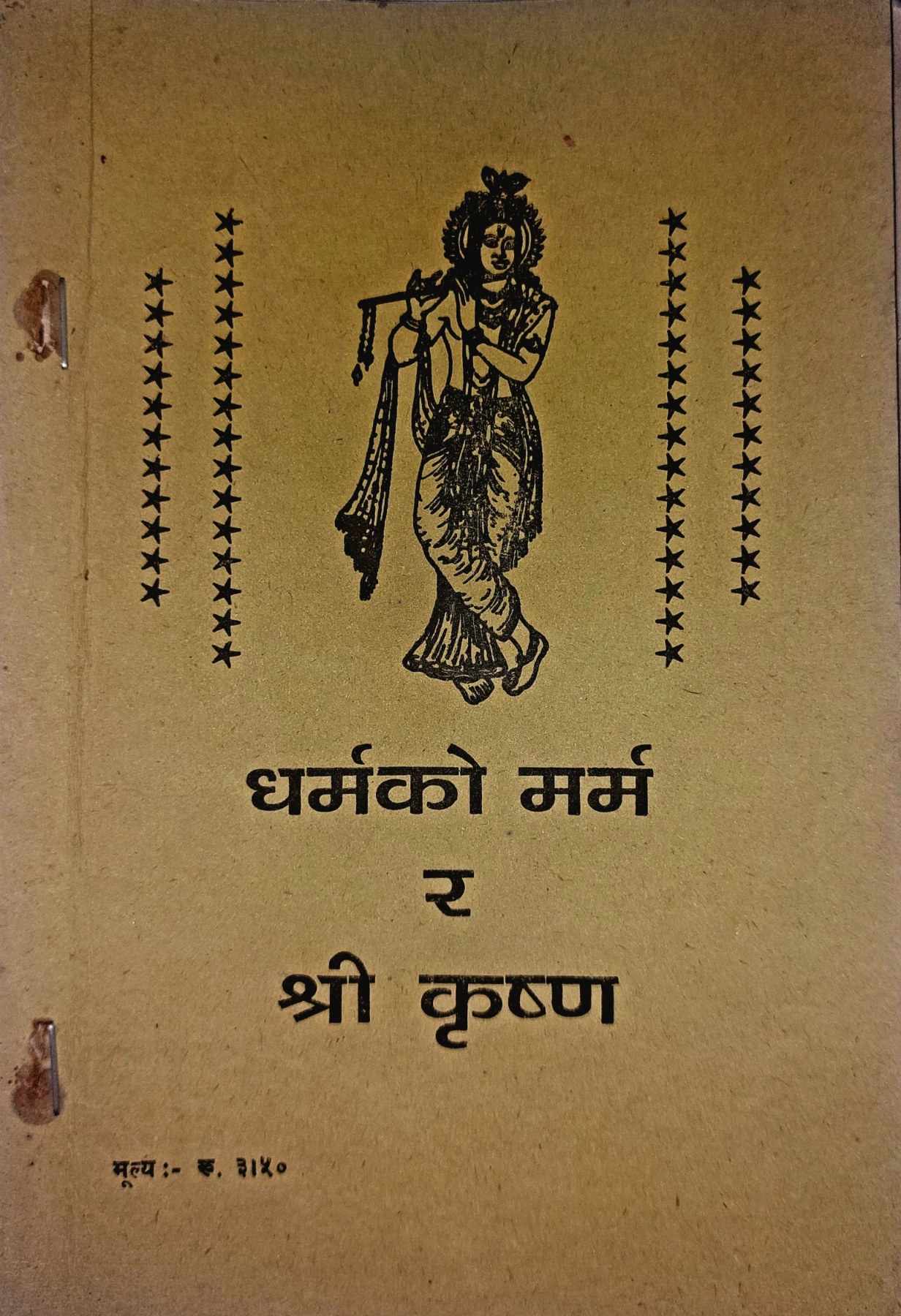Buddha Enlightenment and Buddha-Philosophy
Publisher:Tulsi lal Amatya
Category: Politics
Author : Tulsi Lal Amatya
The Enlightenment of Buddha: The book begins with an examination of Siddhartha Gautama's life. Born a prince, Siddhartha was initially shielded from the realities of human suffering. However, upon encountering old age, sickness, and death, he renounced his royal life in search of a deeper understanding of existence. His quest culminated in his enlightenment under the Bodhi tree, where he discovered the nature of suffering (dukkha), its causes, and how to overcome it. This moment of realization forms the foundation for the core teachings of Buddhism. The Four Noble Truths: A central theme of the book is the Four Noble Truths, which the Buddha discovered during his enlightenment. These truths address the existence of suffering, its cause (desire or craving), the possibility of its cessation, and the path to end suffering. This path is outlined in the Noble Eightfold Path, which provides practical steps for ethical living, mental discipline, and wisdom. Buddhist Philosophy: The book delves into the philosophical aspects of the Buddha’s teachings, especially the concepts of Anatta (Non-Self), Anicca (Impermanence), and Pratītyasamutpāda (Dependent Origination). Anatta teaches that there is no permanent, unchanging self, and all phenomena are transient and interconnected. Anicca emphasizes the impermanence of all things, showing that everything in life is in constant flux. Pratītyasamutpāda explains how all phenomena arise due to causes and conditions, and that nothing exists independently. Karma and Rebirth: The book discusses the role of karma (the law of cause and effect) in shaping one’s future experiences and rebirths. Karma determines the conditions in which a person is reborn, and understanding its workings is key to transcending the cycle of samsara (the cycle of birth, death, and rebirth). Meditation and Mindfulness: The book emphasizes the importance of meditation and mindfulness in the Buddhist path. Meditation practices, such as Vipassana (insight meditation) and Samatha (concentration meditation), are tools for cultivating mental clarity and insight into the true nature of reality. Ethical Conduct and Compassion: Ethical living is a central tenet of Buddhism. The book explores how the Buddha's teachings promote right action, right speech, and right livelihood as ways to reduce suffering and cultivate compassion for oneself and others. Application to Modern Life: Tulsi Lal Amatya also explores how the teachings of the Buddha are relevant in the modern world. With increasing societal stress, personal suffering, and global conflict, the book suggests that applying Buddhist philosophy can help individuals find peace, purpose, and greater understanding in their lives.
See more

